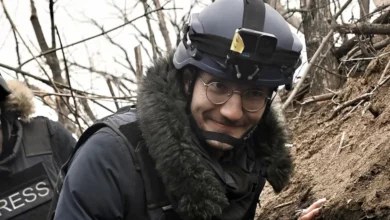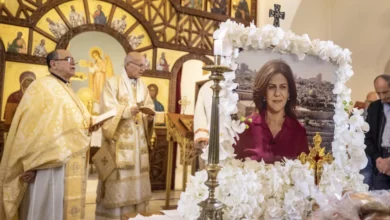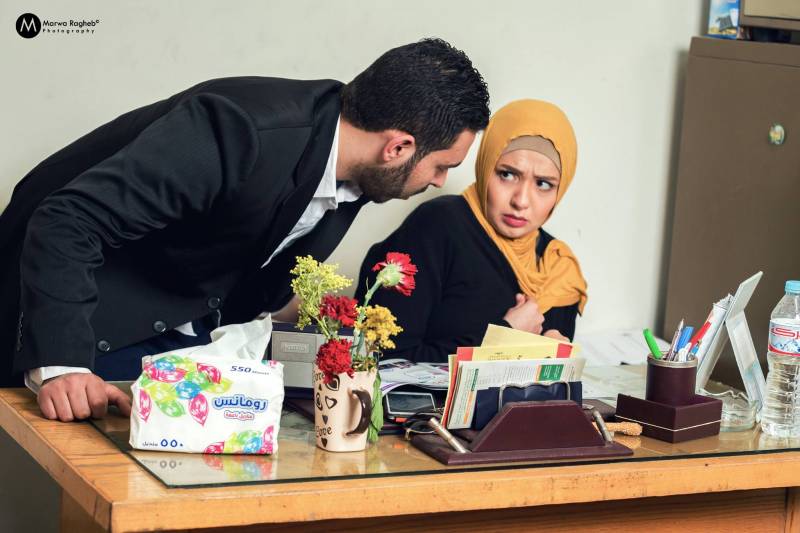Egypt’s military prosecutors questioned journalists and a blogger on Tuesday for allegedly criticizing the Supreme Council of the Armed Forces (SCAF), which has been ruling the country since the toppling of President Hosni Mubarak on 11 February.
Television anchor Reem Maged, who presents a daily talk show on the private television channel ONTV, journalist Nabil Sharaf al-Din and blogger Hossam el-Hamalawy were summoned on Monday after allegedly criticizing the military.
A military source told Al-Masry Al-Youm that investigators didn’t “question” the three journalists, but rather inquired about claims that they have evidence showing the military police abused some protesters during the last three months.
Outside the investigation’s headquarters in eastern Cairo, tens of protesters expressed their anger on Tuesday at the SCAF and denounced what they believe to be plans by the military to restrict freedom of speech.
“The revolution will not fall back. No to suppression. Yes to freedom,” chanted the protesters.
In a television show broadcast on ONTV on Thursday, the 33-year-old Hamalawy accused the head of the military police of violating human rights and ordering his forces to beat up protesters.
Human rights groups had previously reported cases of torture, including the beating and electrocution of protesters detained by the military police during peaceful demonstrations two months ago.
“El-Hamalawy didn’t say anything incorrect, because we all know the military police insulted our human dignity,” said George Akram,18, who was holding a placard that read, “You are not gods not to be criticized,” referring to the SCAF.
However, in his analysis of events on the same program last Friday, Sharaf al-Din suggested that the SCAF is involved in a secret deal with the Muslim Brotherhood.
While it was originally thought the three were summoned for interrogation and would possibly face military trials, they came out after about three hours from what they described as a “friendly discussion”.
“This was neither an official interrogation nor a summons, and we are not facing any charges. However, it is an intimidation for journalists,” said Maged right after she came out.
Maged added that it was a meeting with the head of the military court and a number of military police officers for clarification and discussion of the statements made on television regarding the military police abuse.
“They asked us to submit all the reports, testimonies and videos that prove the abuse,” said Hamalawy after his release.
“But we made it clear to them that this evidence was already submitted to both the general and military prosecution, but they were never investigated,”
Media censorship by the SCAF has been the concern of many journalists and activists, especially since the revolution.
“This is not censorship, this is surveillance and it’s injustice,” said Amina Tharwat Abaza, a television host who resigned from state television last month protesting the biased coverage of protests.
“They want to send a message to the people that whoever opens his mouth with criticism will be punished.”




